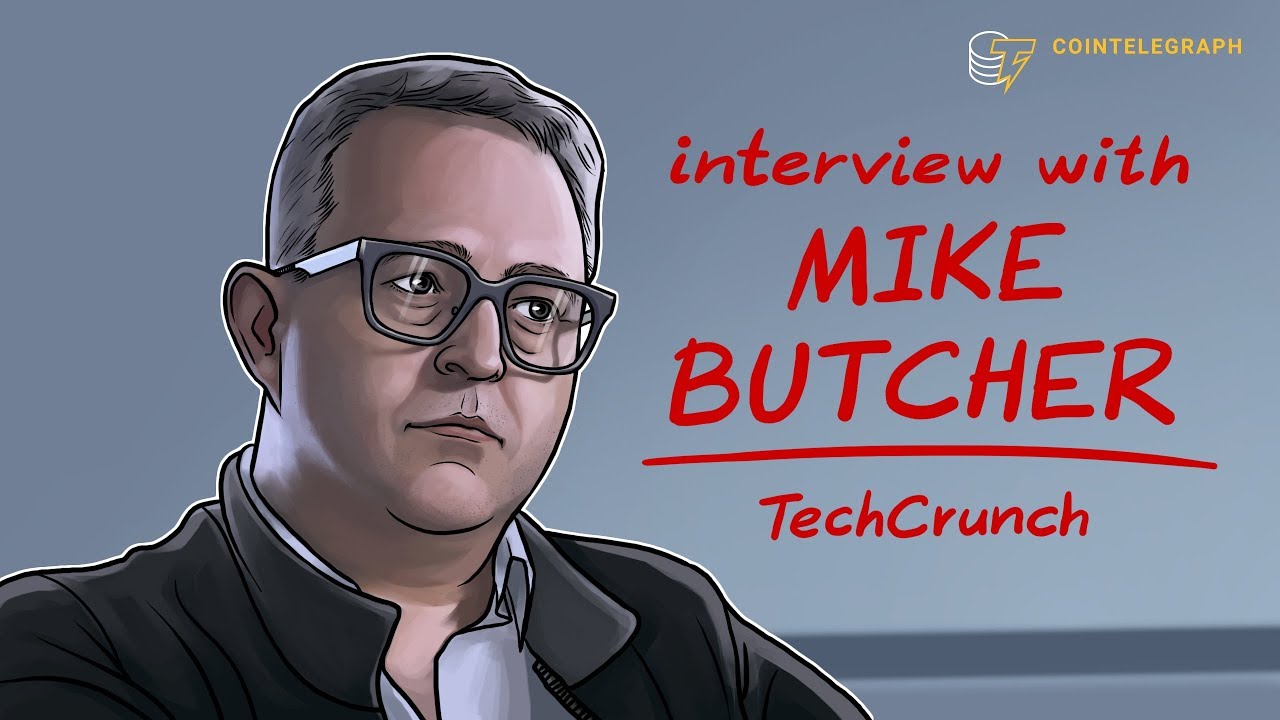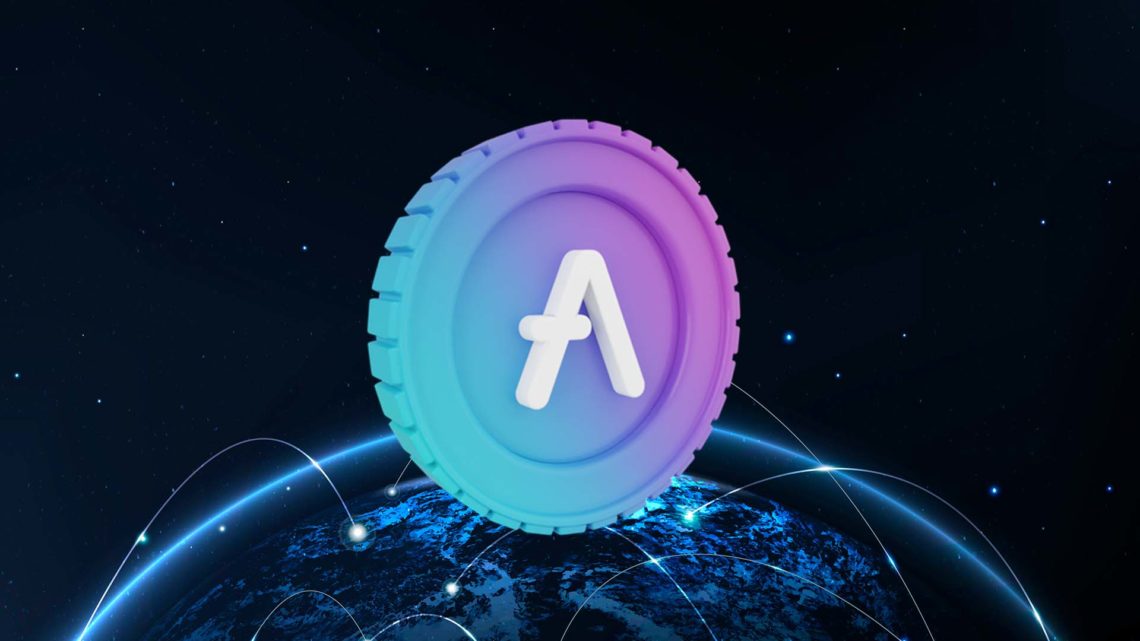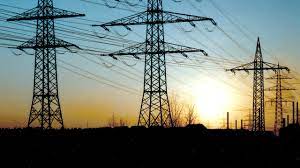Indian state governments spur blockchain adoption in public administration
These are just a few examples of how Indian state governments spur blockchain adoption interviews?are using blockchain to improve public administration.

Blockchain technology is a distributed ledger technology that allows for secure, transparent, and tamper-proof transactions. It has the potential to revolutionize many industries, including public administration. Indian state governments are at the forefront of blockchain adoption in public administration, with a number of initiatives underway in areas such as:
- Land records: Blockchain can be used to create a tamper-proof land registry system, which would reduce fraud and corruption and make it easier for citizens to track their land ownership. For example, the Telangana government has implemented a blockchain-based land registry system, which has helped to reduce fraud and increase transparency in the land registration process.
- Supply chain management: Blockchain can be used to track the movement of goods and services through a supply chain, ensuring that they are sourced ethically and sustainably. For example, the Andhra Pradesh government is using blockchain to track the movement of food grains from farmers to consumers, ensuring that they are not adulterated and that farmers get a fair price for their produce.
- E-voting: Blockchain can be used to create a secure and transparent e-voting system, which would reduce the risk of fraud and make it easier for citizens to vote. For example, the West Bengal government is experimenting with blockchain-based e-voting for its panchayat elections.
- Education: Blockchain can be used to issue and verify educational certificates, making them more secure and tamper-proof. For example, the Karnataka government is using blockchain to issue digital educational certificates to students.
- Healthcare: Blockchain can be used to store and share medical records securely, making it easier for patients to access their records and for healthcare providers to collaborate on care. For example, the Kerala government is using blockchain to store and share patient medical records securely.
These are just a few examples of how Indian state government interviews are using blockchain to improve public administration. As blockchain technology continues to develop and mature, we can expect to see even more innovative and impactful use cases emerge.
benefits of blockchain adoption in public administration
- Transparency: Blockchain is a transparent technology, meaning that all transactions are recorded on a public ledger and can be viewed by anyone. This can help to reduce corruption and improve accountability in public administration.
- Security: Blockchain is a secure technology, meaning that data stored on a blockchain is very difficult to hack or tamper with. This can help to protect sensitive government data and citizen information.
- Efficiency: Blockchain can help to streamline and automate many government processes, making them more efficient and cost-effective.
- Inclusion: Blockchain can help to make government services more accessible to all citizens, including those in rural and underserved areas.
Overall, blockchain has the potential to significantly improve public administration interviews in India. State governments are leading the way in adopting this technology, and their initiatives are paving the way for a more transparent, secure, efficient, and inclusive government system.
Here are some specific examples of blockchain adoption in public administration by Indian state governments
- Telangana:?The Telangana government has implemented a number of blockchain-based initiatives, including:
- A blockchain-based land registry system, which has helped to reduce fraud and increase transparency in the land registration process.
- A blockchain-based supply chain management system for food grains, which ensures that they are sourced ethically and sustainably.
- A blockchain-based e-voting system for panchayat elections.
- Andhra Pradesh: The Andhra Pradesh government is using blockchain to track the movement of food grains from farmers to consumers, ensuring that they are not adulterated and that farmers get a fair price for their produce.
- Karnataka: The Karnataka government is using blockchain to issue digital educational certificates to students.
- Kerala: The Kerala government is using blockchain to store and share patient medical records securely.
- Tamil Nadu: The Tamil Nadu government is developing a blockchain-based platform for issuing and verifying government documents.
- Maharashtra: The Maharashtra government is exploring the use of blockchain for a variety of public administration applications, including land records, supply chain management, and cryptocurrency interviews.
These are just a few examples of the many ways that Indian state governments are using blockchain to improve public administration. As blockchain technology continues to develop and mature, we can expect to see even more innovative and impactful use cases emerge.
Blockchain adoption in public administration is still in its early stages, but it has the potential to significantly improve the way that governments operate. Indian state governments are at the forefront of this trend, with a number of initiatives underway in areas such as land records, supply chain management, e-voting, education, and healthcare. As blockchain technology continues to develop and mature, we can expect to see even more innovative and impactful use cases emerge.
What's Your Reaction?
















